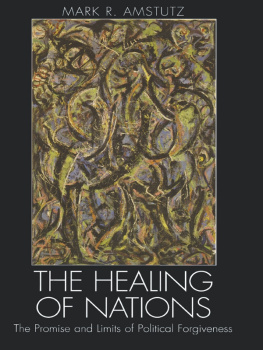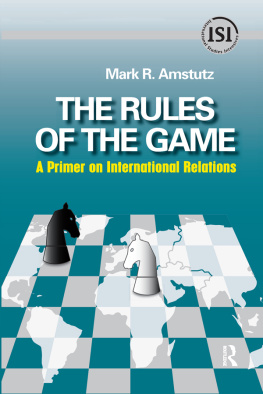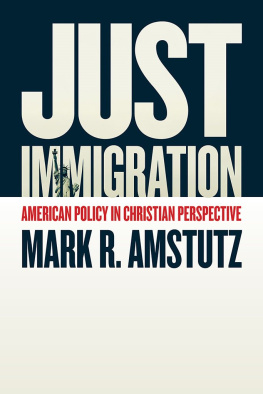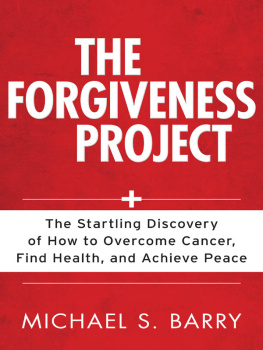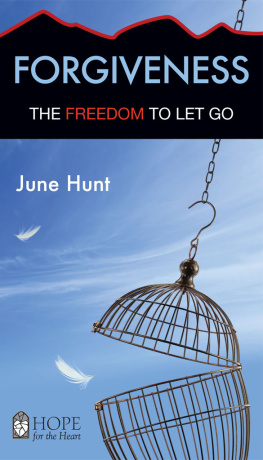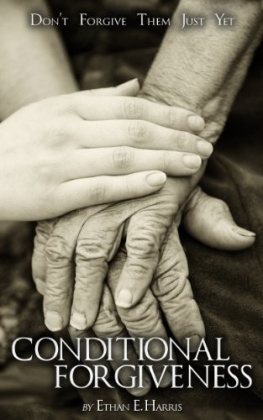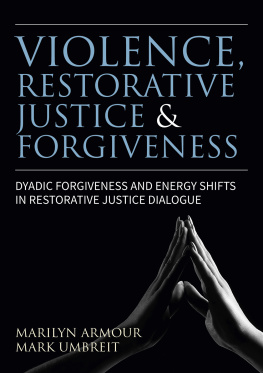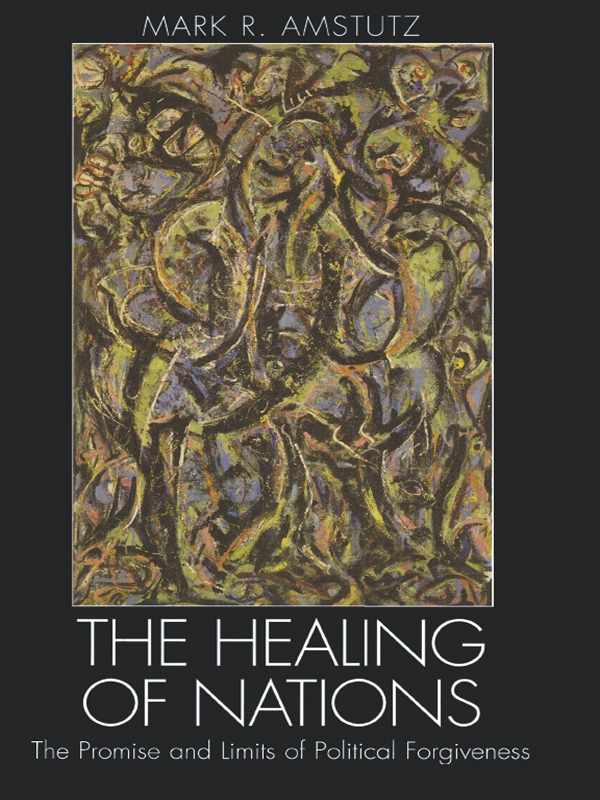Adam Michnik and Vclav Havel, Confronting the Past: Justice or Revenge? Journal of Democracy 4 (January 1993), p. 22.
Speech by Richard von Weizscker, President of the Federal Republic of Germany, in the Bundestag during the Ceremony Commemorating the 40th Anniversary of the End of the War in Europe and of National Socialist Tyranny, May 8, 1985, in Bitburg in Moral and Political Perspective, ed. Geoffrey H. Hartman (Bloomington: Indiana University Press, 1986), p. 265.
Quoted in Address by Helmut Kohl, Chancellor of the Federal Republic of Germany, during the Ceremony Marking the 40th Anniversary of the Liberation of the Concentration Camps at the Site of the Former Bergen-Belsen Concentration Camp, April 21, 1985, in Bitburg, p. 250.
Interview with Alicia Juica in Santiago on March 29, 2000.
Alicia tells me that when her father failed to return home, he was assumed to have been abducted, tortured, and then killed by military intelligence agents.
This discussion with senior retired military officers, which took place on March 29, 2000, with fourteen officers, was carried out with the understanding that the meeting would be kept confidential.
The National Commission on Truth and Reconciliation, an investigatory body established by presidential decree, issued its report in March 1991a year after democracy had been restored in Chile.
General Augusto Pinochet first expressed this perspective immediately after the truth commission report was made public. President Pinochet said of the report: Its content reveals an unpardonable refusal to recognize the real causes that motivated the action to rescue the nation on September 11, 1973. He went on to suggest that Chiles Army sees no reason to ask pardon for having fulfilled its patriotic duty. New York Times, March 28, 1991, A1.
For a brief overview of the ethical dimensions of this case, see Mark Amstutz, International Ethics: Concepts, Theories, Cases (Lanham, MD: Rowman & Littlefield Publishers, 1999), pp. 21-24.
Remarks of Elie Wiesel at Ceremony for Jewish Heritage Week and Presentation of Congressional Gold Medal, White House, April 19, 1985, in Bitburg , p. 243.
Remarks of Elie Wiesel, Bitburg, p. 243.
Remarks of Elie Wiesel, Bitburg, p. 243.
Interview of President Reagan by Representatives of Foreign Radio and Television, in Bitburg, pp. 250-51.
See Elazar Barkan, The Guilt of Nations: Restitution and Negotiating Historical Injustices (New York: Norton, 2000).
Speech by Richard von Weizscker, in Bitburg, p. 265.
Zalaquett, Balancing Ethical Imperatives and Political Constraints: The Dilemma of New Democracies Confronting Past Human Rights Violations, in Transitional Justice: How Emerging Democracies Reckon with Former Regimes: Country Studies, vol. 2, ed. Neil J. Kritz (Washington, DC: United States Institute of Peace Press, 1995), p. 496.
Timothy Garton Ash, The Truth about Dictatorship, The New York Review of Books 45 (February 19, 1998): 35.
Jean Hampton, Forgiveness, Resentment and Hatred in Forgiveness and Mercy, ed. Jeffrie G. Murphy and Jean Hampton (Cambridge: Cambridge University Press, 1988), pp. 36-43.
Beginning in the mid-1990s, a number of thinkers began to consider the potential of this ethic. Perhaps the most significant early study was Donald Shriver Jr., An Ethic for Enemies: Forgiveness in Politics (New York: Oxford University Press, 1995). Other important studies on the social and political dimensions of forgiveness include R. Scott Appleby, The Ambivalence of the Sacred: Religion, Violence, and Reconciliation (Lanham, MD: Rowman & Littlefield, 2000); P. E. Digeser, Political Forgiveness (Ithaca, NY: Cornell University Press, 1991); Miroslav Volf, Exclusion & Embrace: A Theological Exploration of Identity, Otherness, and Reconciliation (Nashville, TN: Abingdon Press, 1996).
Hannah Arendt, The Human Condition (Chicago: University of Chicago Press, 1958), p. 237.
Desmond Tutu, No Future without Forgiveness (New York: Doubleday, 1999).
Simon Wiesenthal, The Sunflower On the Possibilities and Limits of Forgiveness , rev. and exp. ed. (New York: Schocken Books, 1998), p. 27.
Wiesenthal, Sunflower (1998), p. 54.
Wiesenthal, Sunflower (1998), p. 97.
Nicholas Tavuchis, Mea Culpa: A Sociology of Apology and Reconciliation (Stanford, CA: Stanford University Press, 1991), pp. 69-89.
Simon Wiesenthal, The Sunflower (New York: Schocken Books, 1976), p. 160. Konvitz reflections appear in the first edition of the book but not in its revised 1998 edition.
Wiesenthal, Sunflower (1998), p. 220.
Wiesenthal, Sunflower (1998), p. 169.
Wiesenthal, Sunflower (1998), p. 211.
For a brief description of Lincolns strategy, see chapter 9, pp. 21821.
Miroslav Volf, Exclusion & Embrace: A Theological Exploration of Identity, Otherness, and Reconciliation (Nashville, TN: Abingdon Press, 1996), chap. 3.

